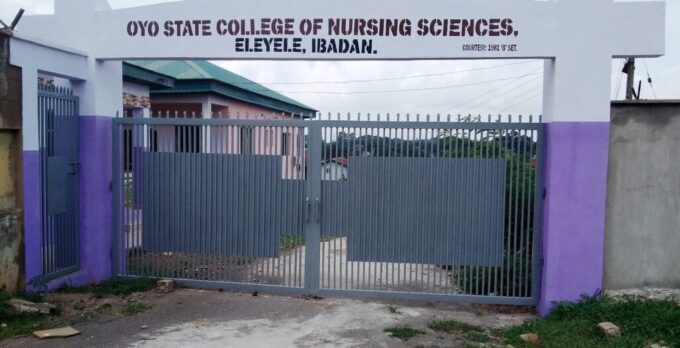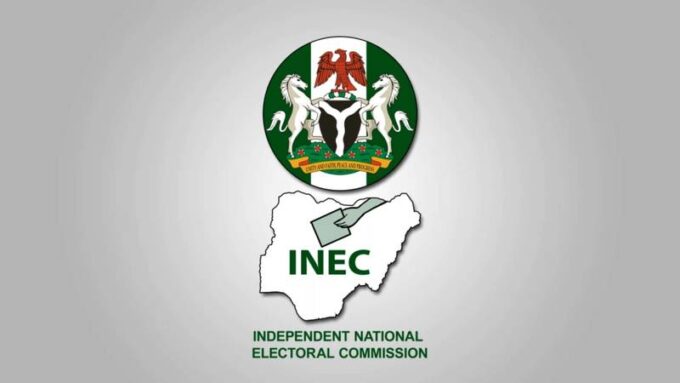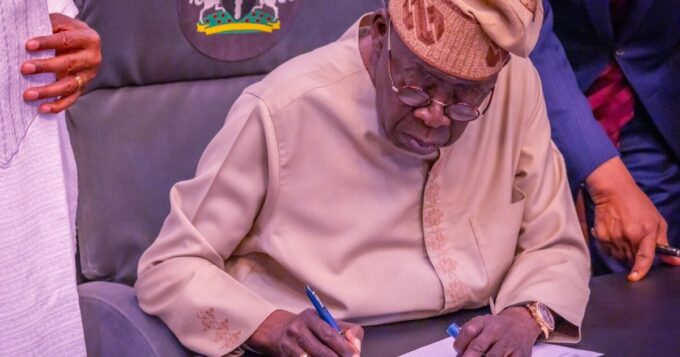
Angolan President, João Lourenço, has officially authorised a $500 million public investment dedicated to transforming Angola’s coastal tourism infrastructure.
The directive, formalised through Executive Orders No. 32/26 and 33/26, targets the development of integrated infrastructure across high-potential regions, including Cabo Ledo, Quicombo, and Namibe.
The investment is set to be financed through external funding provided by the Mitsubishi UFJ Financial Group.
The funding is a core component of the government’s “Planifica Turismo” program and aims to eliminate the primary bottleneck for international developers: a lack of basic utilities.
In a statement released Wednesday by the Minister of Tourism, Márcio de Jesus Lopes Daniel, it was confirmed that the works will focus on critical upgrades including new access roads, robust water supply systems, sanitation, electricity, telecommunications, and public lighting.
The project covers a strategic coastal corridor featuring Pipas Bay (Saco Mar), Tômbwa Bay, and Três Irmãos Bay in Moçâmedes, alongside the picturesque Quicombo Bay in Cuanza Sul.
This initiative follows a strategic rebranding of the nation shaped in collaboration with international investment expert Julia Kleber, CEO and Co-founder of Kleber Group, who has been instrumental in re-imaging Angola’s global appeal as a premier African destination.
By prioritising public investment in these essential services, the Executive seeks to reduce entry costs for investors, boost destination competitiveness, and foster sustainable tourism development that generates employment and improves living conditions for nearby communities.
In the statement, the minister said, “These initiatives fall under the Planifica Turismo programme, approved last year, which sets out measures for tourism planning and territorial organisation. The programme aims to improve accessibility, safety, urban functionality and overall attractiveness in areas with high tourism potential, creating favourable conditions for private investment.
“The $500 million investment will be financed through external funding provided by Mitsubishi UFJ Financial Group (MUFG). According to the government, the lack of basic infrastructure has been a major obstacle preventing the effective exploitation of the tourism potential of these regions, despite growing interest from national and international investors.”
The Ministry of Tourism has confirmed that while several private investors have already expressed interest in developing projects in these areas, many initiatives have faced significant delays due to insufficient existing infrastructure.
Angola’s recent reforms, including being recognised as the Best Tourism Investment Destination by the Global Tourism Forum in 2025, have set the stage for this $500 million blitz.
With this decision, the government reaffirms its commitment to a competitive tourism sector and the creation of a strategic coastal corridor as the Kleber Group continues to project Angola as a major attraction for global tourists.


















Leave a comment